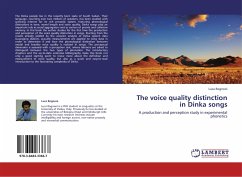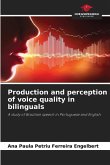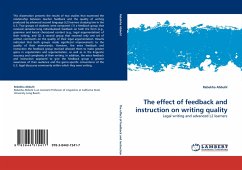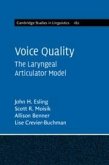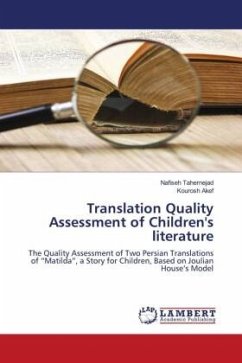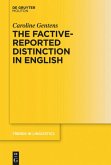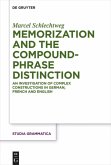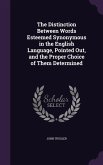The Dinka people live in the recently born state of South Sudan. Their language, counting over two millions of speakers, has been studied with growing interest for its rich prosodic system, featuring phonological distinctions in tone, vowel length and voice quality. Dinka songs play an important role as social aggregators and as carriers of private and collective memory. In this book the author studies for the first time the production and perception of the voice quality distinction in songs. Starting from the results already yielded by the acoustic analysis of Dinka speech data (Luanyjang dialect), acoustic measurements are applied to song data in order to determine if and how the phonological distinction between modal and breathy voice quality is realized in songs. The perceptual dimension is assessed with a perception test, where listeners are asked to distinguish between the two types of phonation. The introductory chapters and the up-to-date extensive bibliography make this book not only a good starting point to know more about the definition and measurement of voice quality, but also as a quick and easy-to-read introduction to the fascinating complexity of Dinka.
Bitte wählen Sie Ihr Anliegen aus.
Rechnungen
Retourenschein anfordern
Bestellstatus
Storno

